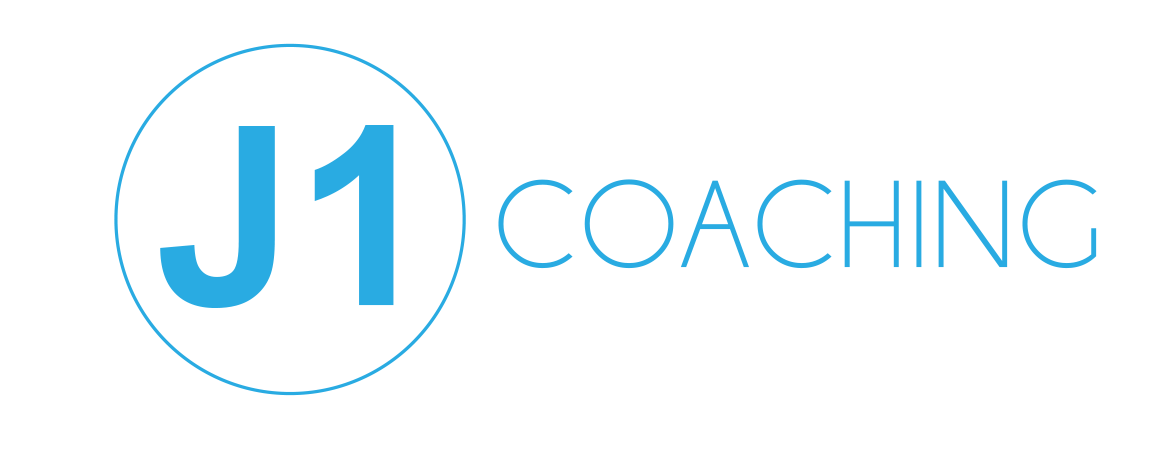Eat well
I feel I understand that writing or talking about eating is tricky. It can certainly be problematic.
It’s difficult to write something that is not so bland that all you end up writing is “eat well” and not so specific that it ends up alienating someone who feels it doesn’t apply to them, or getting so criticised that it distracts from the overall message.
“Eat well” is certainly good advice. At the level below that there are many more things to add, and it’s a job to distil these into key ones.
I draw on a number of sources in writing about eating. My own upbringing and education were important. I did a degree in Sports Science. I have done some personal study on nutrition and I have learned from others. I have no agenda to push, like vegetarianism or pro-meat eating. It feels important to declare these things upfront.
Our world
The world that many of us live in is so overwhelmed with choices and advertising that it means food is often in our face. The online nutrition course I studied differentiated between hunger (our natural bodily feeling that we need to eat) and appetite (the desire to eat that is triggered by the sight or smell of food, even when we are not hungry). And of course this is what food producers, supermarkets and advertisers exploit. They make and show us the fatty and sugary foods, too much of which, particularly in combination, cause so many of our problems both individually and as a society.
They say to never go shopping when you are hungry. You will end up with a basket or trolley full of the salty, sugary and fatty foods that our bodies will easily, naturally, succumb to – readying us for immediate action (the sugar for energy) or for a lean period (laying down fat in reserve). Of course with a largely sedentary lifestyle we very easily take on board more of both than we need.
It's also true that there are very few natural foods, if any, that combine fat and sugar. Anything that you eat that is both fat and sweet has been put together by someone. It has been processed.
The sheer availability of food makes it a challenge to eat well, even if you do have good levels of personal discipline. Our environment and the habits of those we live with and work with affect our choices. I’ve learnt not to judge or criticise someone overweight for their lack of discipline. There are other factors, including the food industry, education and availability of good choices.
What to eat
In recent years I have taken a lot from Michael Pollan’s excellent book, Food Rules. Pollan is an author and journalist, and not a nutritionist or dietician, and that feels relevant. Having studied the food industry he came up with a number of recommendations for eating in a world that is full of processed and ultra-processed food. People I’ve talked to about the book say it is all good common-sense. (Ah, that gloriously unsexy term ‘common-sense’, about which we can be so casually dismissive). I won’t repeat Pollan’s Food Rules here but they talk about what, how much and how we eat, and are based on his summary sentence “eat food, mainly plants, not too much”.
One thing Pollan is not doing is explicitly recommending a diet. Not in the sense of a diet being a temporary way of eating. Eat like you plan to eat for the rest of your life is a sensible diet to be on. It’s the food and well-being industry that promote ‘diets’. An industry.
I have heard people talk about two organisations they have found helpful. Slimming World helps people to keep an eye on how much they eat and that Diabetes UK is a good source of recommendations on what to eat. The Diabetes UK website has ideas for breakfast, lunch and dinner.
I was taught carbs (including veg) for energy and to fill you up, should make up the bulk or your diet and meals. Protein (for bones, teeth, growth) and some fat for health (but you don’t need too much). Fruit, veg, nuts and seeds (i.e. all the colourful stuff) for nutrition. ‘Where’s the colour?’ is a good question to ask when you are looking at what you are eating.
Beyond these things we are into nuances, personal differences and specific diets for specific medical conditions.
Like I said it’s difficult to write much more than “eat well” without risking getting into distracting debate.
And it’s not easy to eat well. I exercise regularly and I spend a lot of time thinking about what I’m eating. At the time of writing I eat more dark chocolate than I need. I succumb to the temptation of its availability and price in Aldi, which is close by. Remember that the world is working against you. If you don’t make mindful choices you will easily end up eating badly.
So what?
So how do you ‘eat well’? I would start off by being mindful of what you consume – both the volume and the variety. Be mindful of where you eat too. Where you eat – e.g. in front of the telly - affects your mindfulness of what you are eating.
Eating is so fundamental that is deserves a significant amount of our thought, time and money.
Engage the support of others, like those around you at home and in work, in your desire and intention to eat well. That will make a big difference. One of the first steps for someone I coached who needed to lose weight was for them to tell their friends what they were planning and ask for their help and support.
Eat well. So simple, so hard (in the worlds in which many of us live), but so possible with right effort and conditions.
(Photo Unsplash @bobmelo)
